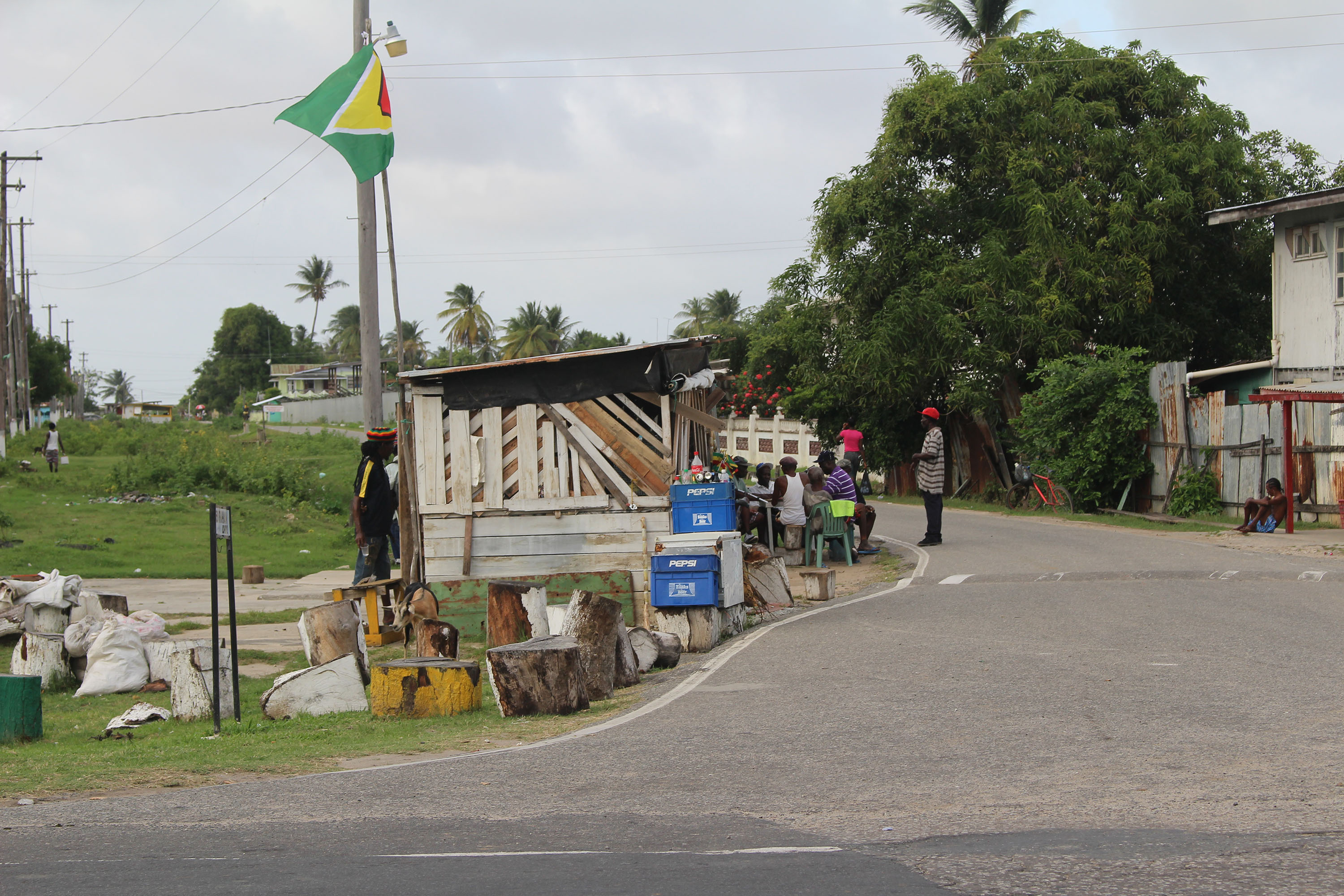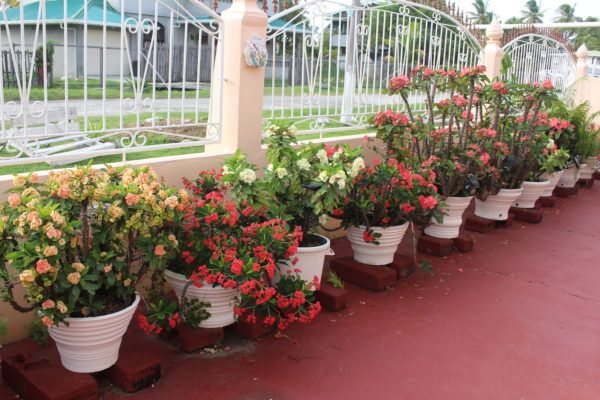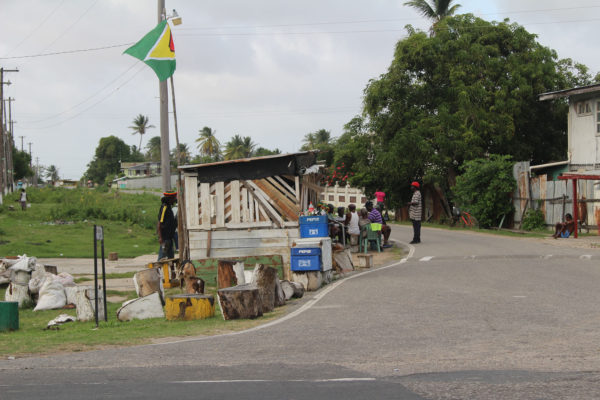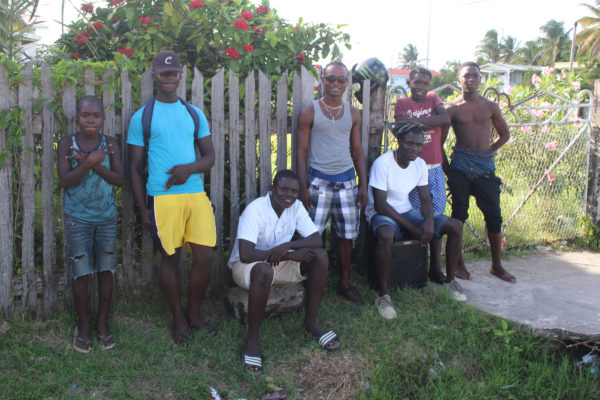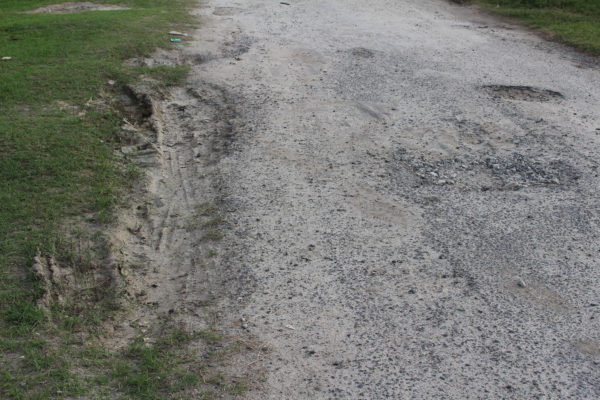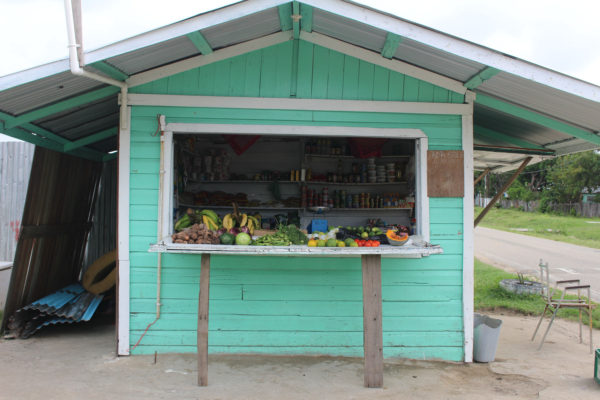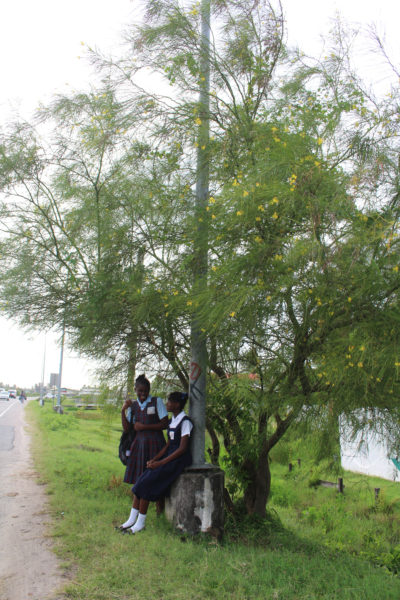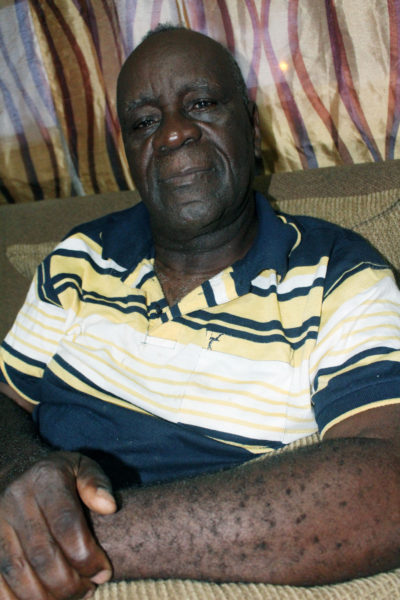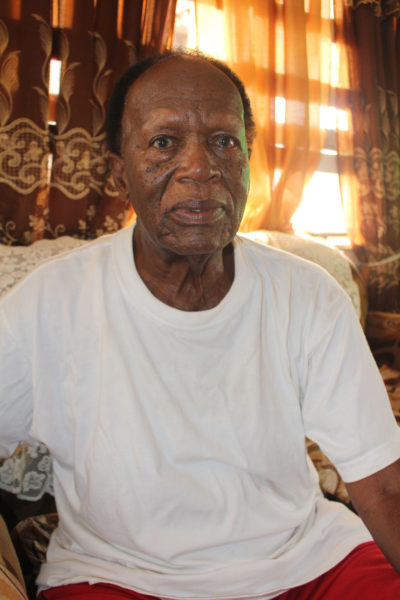(Continued from last week)
In a yard filled with colourful flowers neatly displayed in pots lives Carlton Dornick and his wife. “I was born at Enmore Estate and did all my schooling at Enmore. The manager of the estate went to the school to find out who the bright students were. I was one of them,” Dornick in slightly accented perfect English that he said he picked up working with the British for many years.
“He took us as apprentices. That was during Booker’s time. They sent me for six months training at Port Mourant and after I came back they promoted me to a plant foreman. After that I was promoted as Supervisor for the Plant Maintenance. I eventually became an Engineer Shift Manager. I worked over 40-something years with the estate, Booker’s and GuySuco. When I reached the age of retirement, they didn’t want me to leave and so I worked five more years,” he recalled.
“Haslington was a condemned rice field which we moved to during the 1964 disturbance. This part of Haslington was already lotted out and was for persons squatting at the Railway Embankment but those persons had just about two miles of farm lands running to the conservancy so they chose to stay,” he stated.
“While I was living at Blossom Scheme at Enmore Front, they sent us threatening letters saying we had to leave or else they would burn our houses down. We loosened down our houses, brought them and erected them on this land. I still kept on working at the estate. People still threatened us on our way to work.
“People got scared after they did that to Frank Perry so we had to flee.
“Before then we were like brothers and sisters – the Indians and the Negros. We were like this until all of the political talks began; that was what separated the people. The Indians in Enmore were okay. It was the set of Indians who were forced out of other villages, specifically Golden Grove that did all of this.”
According to 86-year-old Carlton, moving meant starting all over again. Having already been accustomed to their stand pipes, they now had to adjust to the life of going to the well, pushing their handcarts.
“The people of Haslington are very good people. I like this place; we live well in the community. There’s good and bad here but I don’t take them on. They respect me; if you want respect, you’ve got to show respect.
“The only thing I dislike is the [frequent] blackouts,” he said chuckling.
He added, “We want better roads. We want our street to develop; it’s breaking up. This street was so bad, then they fixed it and now it breaking up again. We want a street like Bridget Thomas has. We also need streetlights; every other post should have a streetlight.”
Complimented on his potted flowers, Dornick admitted to them being his pride, since he planted them himself.
As I walked out of the street, the same group of guys were freestyling on a mic to a dancehall song belting out of a box close by.
Across the public road, is North Haslington. Just at the head of Burnham Drive, men sat under the shade of a shop noisily playing dominoes.
Two corners further in, another group of guys stood at the street corner and turning into the Haslington Community Centre Ground, I found a different group of boys passing a football to each other, they said they were awaiting the arrival of the rest of the team. Up in front in a corner of the ground, cows and sheep grazed.
Back out on the public road, two girls sat under a peculiar tree. This tree is called the ‘Jerusalem Tree’. Rumoured to be the only one in the village, it stands as a landmark especially for persons who have migrated, according to two residents. The tree belongs to the Baird family, the first family to take up residence along the road.
Downstairs at the Baird’s, Smith’s Academy and Learning Centre offers lessons for Caribbean Secondary Education Certificate and Caribbean Advanced Proficiency Examination students from different schools. According to the head, Brian Smith, who recently returned to Guyana from teaching in Botswana, Africa and lives in another village, Haslington is the ideal spot for him to hold lessons for these students as it falls almost at the centre for children coming from surrounding villages.
Upstairs sat Valence Baird, the son of the man everyone called Baird (the late Clarence Baird). He said four trees were brought home by his father from a trip to Berbice and planted in the yard. However, the family later cut them down and threw them away. According to Baird, most persons believe that the tree on the road sprang up from one of the trees his family threw out. But he said this was not so as they did not throw the trees out there. He said it just sprang up and has been there ever since.
According to him, “Haslington was estate land. Opposite me was rice fields, nearby was pasture and behind me was what they called Coconut Walk.
“My father, Clarence Baird came from Berbice and my mother, Olga Baird, from Golden Grove. Her mother and my grandmother, Lydia Sampson, had leased the land from the estate so my mother was the first to grow up here,” Baird said. “At first Haslington was a lonely place. This was the only house on the public road between Enmore and Golden Grove.”
Recalling his boyhood days, Baird said, “As a boy I went to Golden Grove Methodist School. I remembered playing games like: Cowboy [similar to War break], Sal-out and Marbles with Awara and Kuru (sp) seeds; we made that out of those seeds. I mostly enjoyed swimming in the canals; we had three.”
He later joined the Police Force and eventually was made a bodyguard to the late president Forbes Burnham, a job he held for 20 years.
Baird, a permanent US resident, said, “While I was in the States, I’d come home twice a year; this is my home. People here look out for you; they keep checking on you.
“Now I see they’re bringing the laws of America here. If you look at what the children of America are doing because of the laws there, why allow it for our children here?”
Baird said he would see youngsters in the village selling marijuana and requested immediate help for them. “I want to see a better playground with proper facilities for them,” he pleaded. “I was made to understand also, they still have a co-op which they’ve had for many years now. They need to change some of the members because they’re not doing anything. They’re not coming around to find out what we need. You may not be able to do everything that people want but you can still do.”
